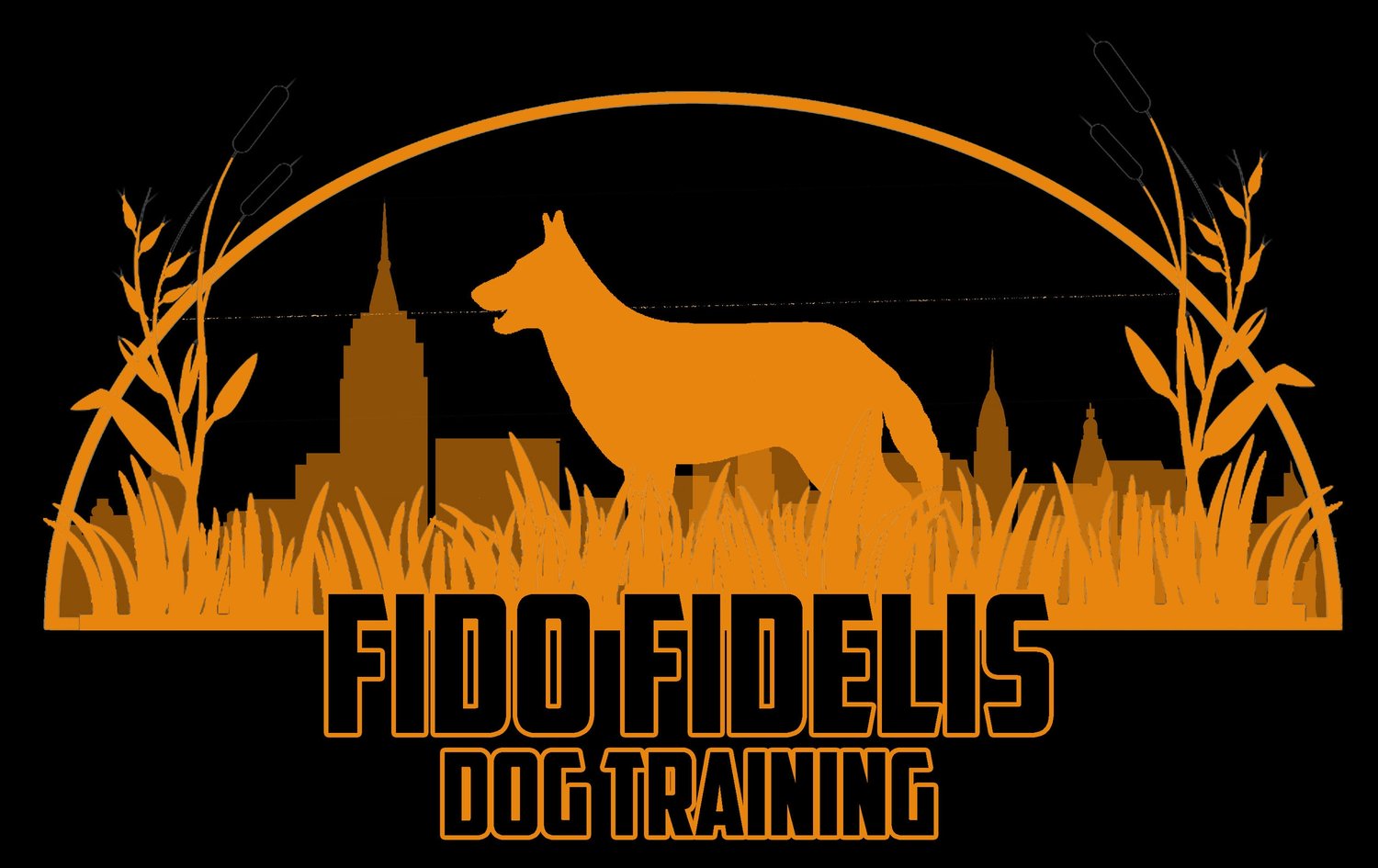As dog owners, we all love to indulge our furry companions with treats and extra portions of food. However, overfeeding your dog can have serious physical and behavioral consequences. Here are some of the dangers of overfeeding your dog:
Obesity
One of the most obvious dangers of overfeeding your dog is obesity. Obesity is a common problem in dogs, and it can lead to a wide range of health issues, including diabetes, heart disease, joint problems, and respiratory issues. Overfeeding your dog can cause them to gain weight quickly, and it can be difficult to get them back to a healthy weight once they become obese.
Digestive Problems
Overfeeding your dog can also lead to digestive problems such as constipation, diarrhea, and vomiting. When your dog eats too much food, their digestive system can become overwhelmed, leading to discomfort and even illness. This can be particularly dangerous for dogs with sensitive stomachs or other digestive issues.
Aggression
Believe it or not, overfeeding your dog can also lead to behavioral problems such as aggression. Dogs that are overfed may become possessive over food and treats, and they may be more likely to snap or bite if they feel threatened or challenged. This can be particularly dangerous for families with young children or other pets in the household.
Decreased Life Expectancy
Overfeeding your dog can also decrease their life expectancy. Dogs that are overweight or obese are more likely to develop chronic health conditions such as heart disease and diabetes, which can shorten their lifespan. By overfeeding your dog, you may be cutting their life short and causing them to suffer from health problems in their later years.
Lower Quality of Life
Finally, overfeeding your dog can lead to a lower quality of life. Dogs that are overweight or obese may have trouble moving around or participating in physical activities, which can cause them to become depressed and withdrawn. They may also be more prone to illnesses and other health problems, which can further limit their ability to enjoy life to the fullest.
Excess Energy and Hyperactivity
Overfeeding your dog can also lead to excess energy and hyperactivity. When dogs consume more calories than they need, they can become restless, agitated, and hyperactive. This can make it difficult to control them and can lead to destructive behavior, such as chewing on furniture or shoes. Additionally, dogs that are overfed may have trouble settling down and may struggle to get a good night's sleep, leading to even more hyperactivity during the day.
To prevent excess energy and hyperactivity caused by overfeeding, it's important to feed your dog the appropriate amount of food for their size, age, and activity level. Regular exercise and playtime can also help burn off excess energy and keep your dog calm and well-behaved. By providing your dog with a healthy diet and plenty of exercise, you can help them maintain a healthy weight and a balanced energy level.
In conclusion, overfeeding your dog can have serious physical and behavioral consequences. It can lead to obesity, which in turn can cause a range of health problems, such as joint pain, heart disease, and diabetes. Overfeeding can also lead to behavioral issues such as hyperactivity, aggression, and destructive behavior. Additionally, it can result in a lack of energy and vitality, which can greatly reduce your dog's quality of life.
To prevent these problems, it's important to feed your dog a healthy, balanced diet that meets their nutritional needs. You should also ensure that you are providing them with appropriate portion sizes and avoiding giving them too many treats or table scraps. Regular exercise and playtime are also essential to help burn off excess energy and keep your dog healthy and happy. By being mindful of your dog's diet and exercise routine, you can help them maintain a healthy weight and avoid the physical and behavioral dangers of overfeeding.
